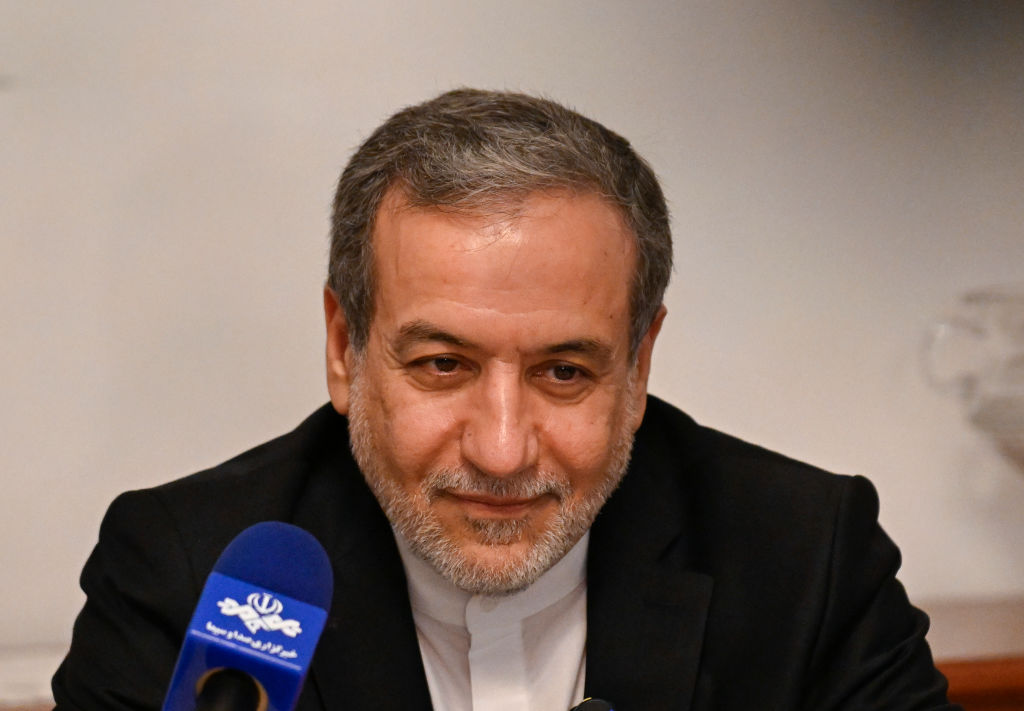Russia and Ukraine will hold new peace talks in Turkey as a follow-up to two rounds in Istanbul that made little progress on ending their war, President Volodymyr Zelensky announced.
While US President Donald Trump has increased the pressure by giving Russia 50 days to agree on a deal or face sanctions, Zelensky spoke on July 21 only hours after the Kremlin had downplayed hopes for a breakthrough.
His announcement of a fresh round of negotiations due on July 23 also came in the wake of a fresh Russian barrage on the Ukrainian capital Kyiv, which sparked several fires and damaged an underground air-raid shelter where civilians had taken refuge, AFP reported.
“Today, I discussed with [Ukrainian security council chief] Rustem Umerov the preparations for the exchange and another meeting in Turkey with the Russian side. Umerov reported that the meeting is scheduled for Wednesday,” Zelensky said in his daily address on July 21.
The rival sides met in Istanbul on May 16 and June 2 amid pressure from the United States to agree a ceasefire. Despite the urging of Trump, no breakthrough was made, Le Monde reported on July 21.
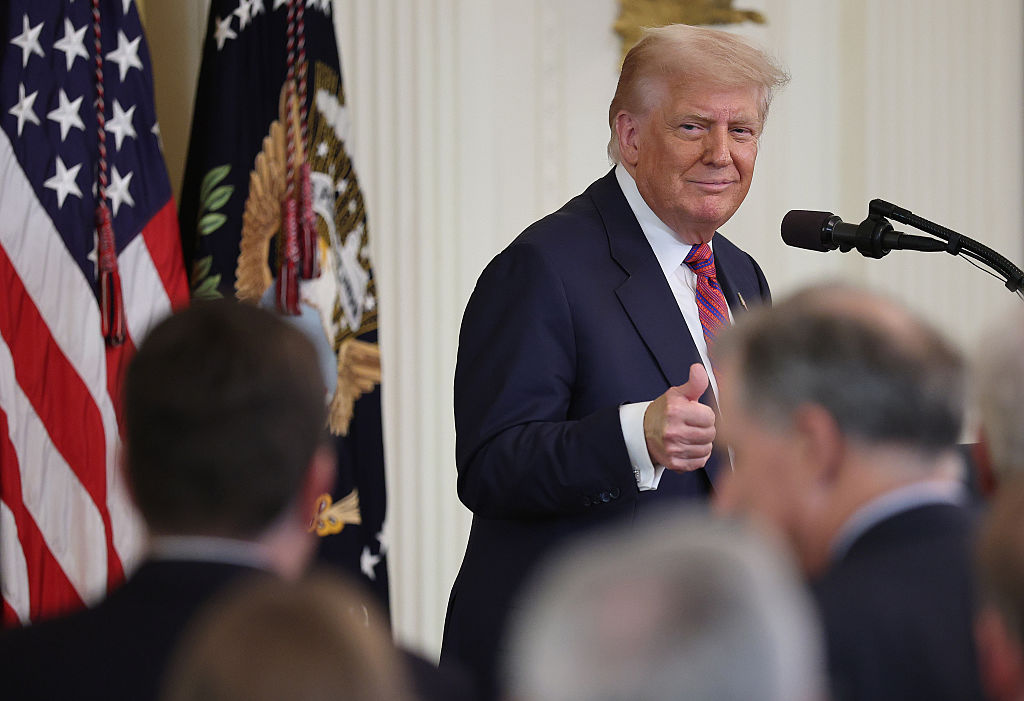
“We’re going to be doing very severe tariffs if we don’t have a deal in 50 days,” Trump said during a meeting with NATO Secretary General Mark Rutte in the Oval Office a few days ago, according to CNN.
“I use trade for a lot of things,” Trump added. “But it’s great for settling wars.”
Trump has expressed increasing frustration with Russian President Vladimir Putin in recent weeks, even complaining that Putin’s assurances about ceasefire progress are “bullshit”.
Yet Western analysts and Ukrainian officials said that the US President’s 50-day-window was unlikely to deter Putin from accelerating Russia’s summer offensive in the coming weeks. Moreover, Russian foreign minister Sergey Lavrov has dismissed Trump’s threatened tariffs as mere bluster.
“Fifty days – it used to be 24 hours,” Lavrov said. “It used to be 100 days; we’ve been through all of this.”
Russian state media outlet TASS reported that a source close to Russia’s negotiating team confirmed that they had received Kyiv’s proposal for a meeting, according to CNN.
Kremlin spokesperson Dmitry Peskov told Russian media on July 20 that Russia was “ready to move quickly” on achieving a peace deal with Ukraine, but its “main goal” was to achieve its “objectives”.
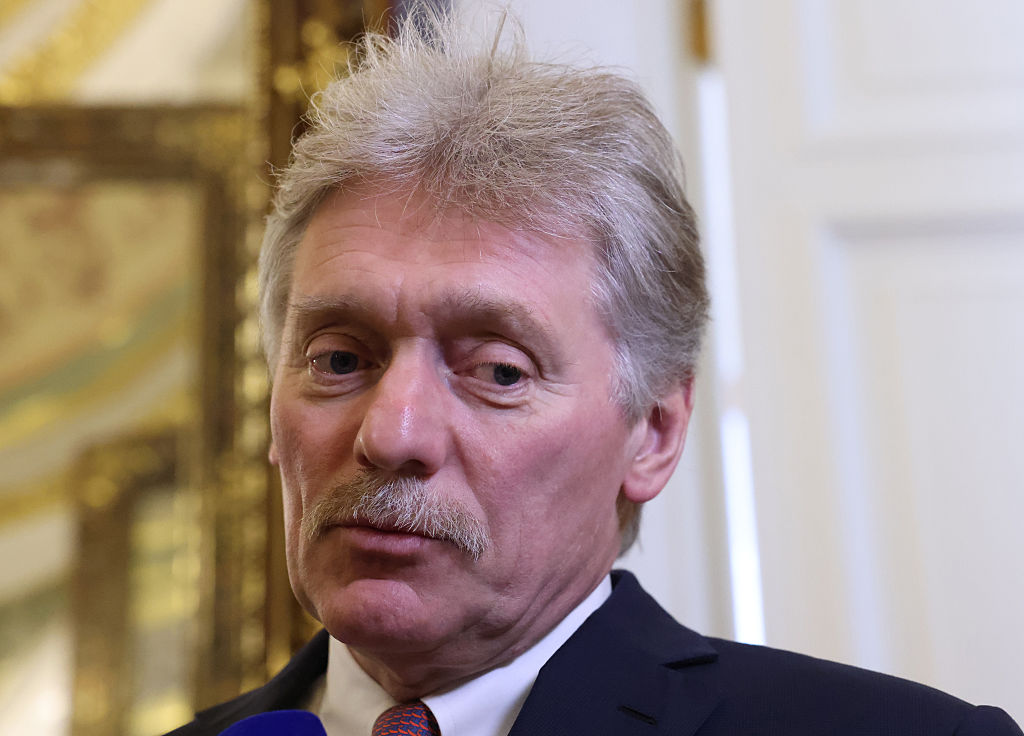
Ukrainian and Russian negotiators have so far only agreed to hold prisoner exchanges. Russia has demanded Ukraine give up four regions, on top of Crimea, which it annexed in 2014. The Kremlin also insists Ukraine give up any idea of joining the NATO military alliance, AFP reported.
Zelensky said that more details would be released on July 22. Russia did not immediately confirm the new negotiations.
A senior Ukrainian official, speaking on condition of anonymity, told AFP earlier that the talks would probably be in Istanbul and focus on further prisoner exchanges and a possible meeting between Zelensky and Putin.
At war since Russia’s all-out invasion in February 2022, the rival sides met in Istanbul on May 16 and June 2 as Washington stepped up pressure for a deal. But no breakthrough was made.
Russia has since launched intense air attacks on Ukraine and seized more frontline territory.
The two sides exchanged ideas at the talks on what a peace deal could look like but remained far apart.
Ukraine has rejected the demands and expressed doubt that Russia wants a ceasefire, AFP reported.
Commenting on the prospects for a breakthrough, Peskov told reporters on July 21 that the two drafts were “diametrically opposed” and “a lot of diplomatic work lies ahead”.
A bigger US shadow will hang over the latest talks, though, after Trump gave Russia the 50-day deadline — and also said that arms supplies to Ukraine would be resumed.
The Kremlin’s latest comments came after Russia fired a record number of drones and missiles at Ukrainian cities in recent weeks, in deadly attacks that Kyiv said showed Moscow was not serious about halting its invasion.
Two people were killed across the country in the latest wave, Zelensky said, calling it an “assault on humanity”.
French foreign minister Jean-Noel Barrot arrived in Kyiv on July 21 for a surprise visit while rescuers were still sifting through the rubble.
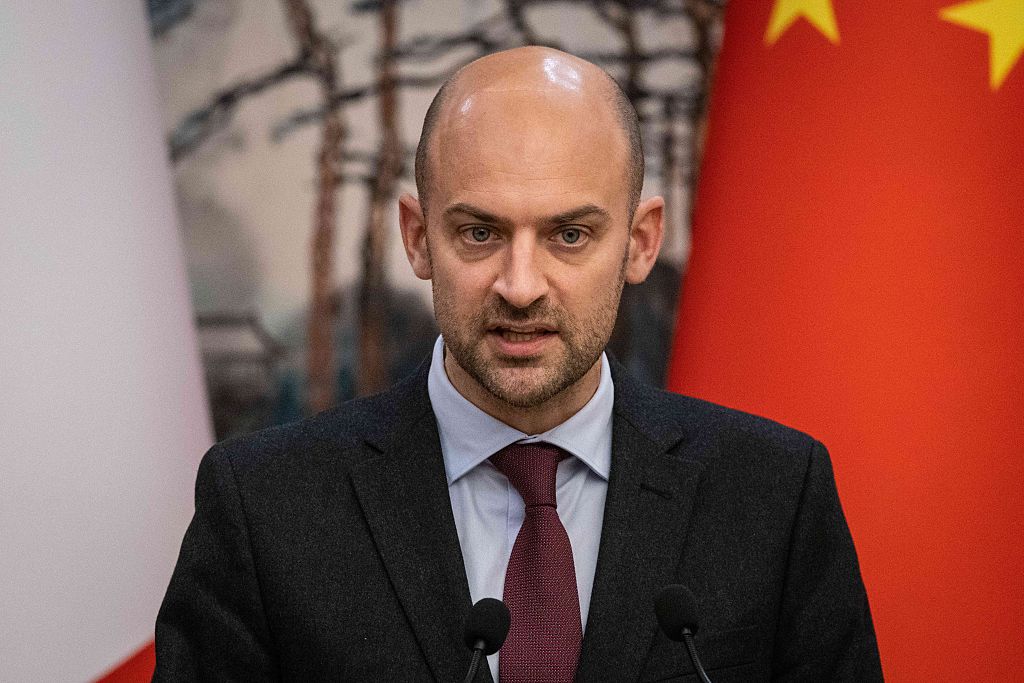
He held talks with Zelensky, discussing air defence, sanctions and weapons production, the Ukrainian President said in a social media post.
An AFP reporter saw damage to multiple buildings, as well as debris and shattered glass on the streets.
The entrance to a metro station where civilians were sheltering from the barrage was also damaged.
“The shelters themselves are no longer entirely safe, as the metro station behind me, which is being used as a shelter for the people of Kyiv, has been targeted,” Barrot said while visiting the damaged station.
Russia’s invasion has killed tens of thousands, forced millions to flee their homes and devastated much of eastern Ukraine.
Russia launched 450 drones and missiles in the overnight attack, according to Ukraine’s air force.
The strikes, also using hypersonic missiles, targeted Ukraine’s military facilities, the Russian army said, claiming it had destroyed three US-made Patriot air defence launchers.
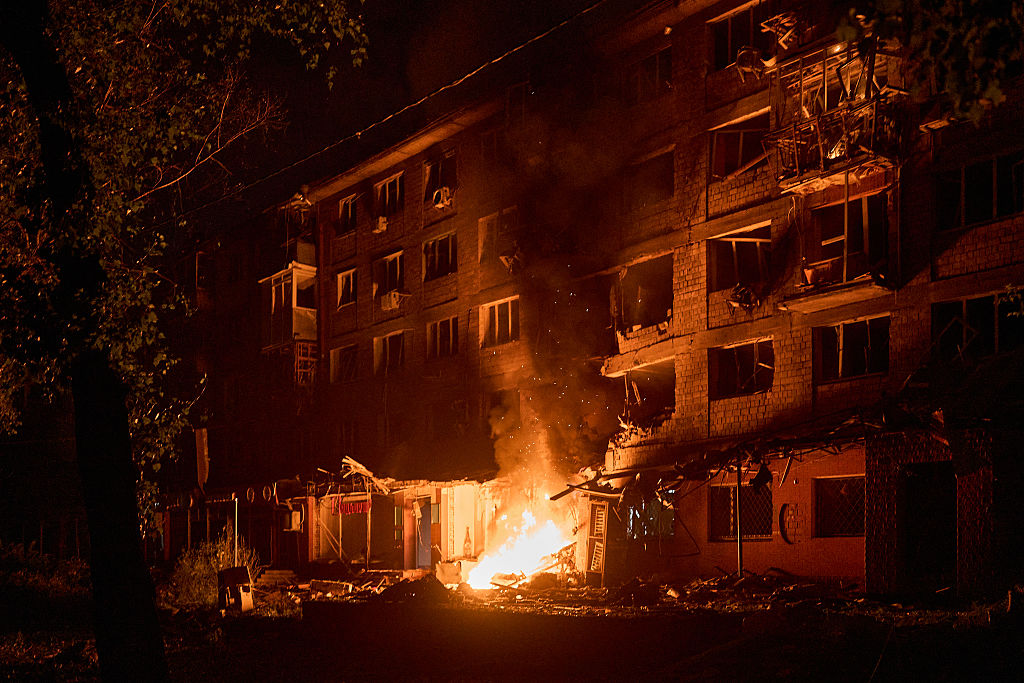
Barrot emphasised France’s support to Ukraine. As well as Zelensky, he met his counterpart Andriy Sybiga and newly nominated Prime Minister Yulia Svyrydenko.
“It is by putting pressure on Russia on the one hand, and providing resolute support to Ukraine on the other, that we will succeed in ending this cowardly and disgraceful war,” Barrot said.
He was speaking at a press conference shortly after visiting the Chernobyl power plant, the site of the world’s worst nuclear accident, which sent clouds of radiation across much of Europe in 1986.
In February, Ukraine accused Russia of using an explosive drone to damage the confinement arch protecting the structure – prompting France to pledge €10 million to help fix the cover.
Accompanied by a small group of journalists including from AFP, Barrot inspected the structure, where the hole in the arch was still clearly visible.
He briefly got stuck in the elevator on his way out of the building with some of his team, although the group managed to operate the elevator manually and emerged unharmed.
Back from Chernobyl, Barrot said Russia “targets energy infrastructure in defiance of international law, security and nuclear safety”.
He also blasted the latest wave of Russian attacks.
“This inhumane, cynical and cruel violence has no military purpose,” Barrot said.
“Its sole aim is to terrorise civilians in a failed attempt to undermine Ukrainian morale.”



